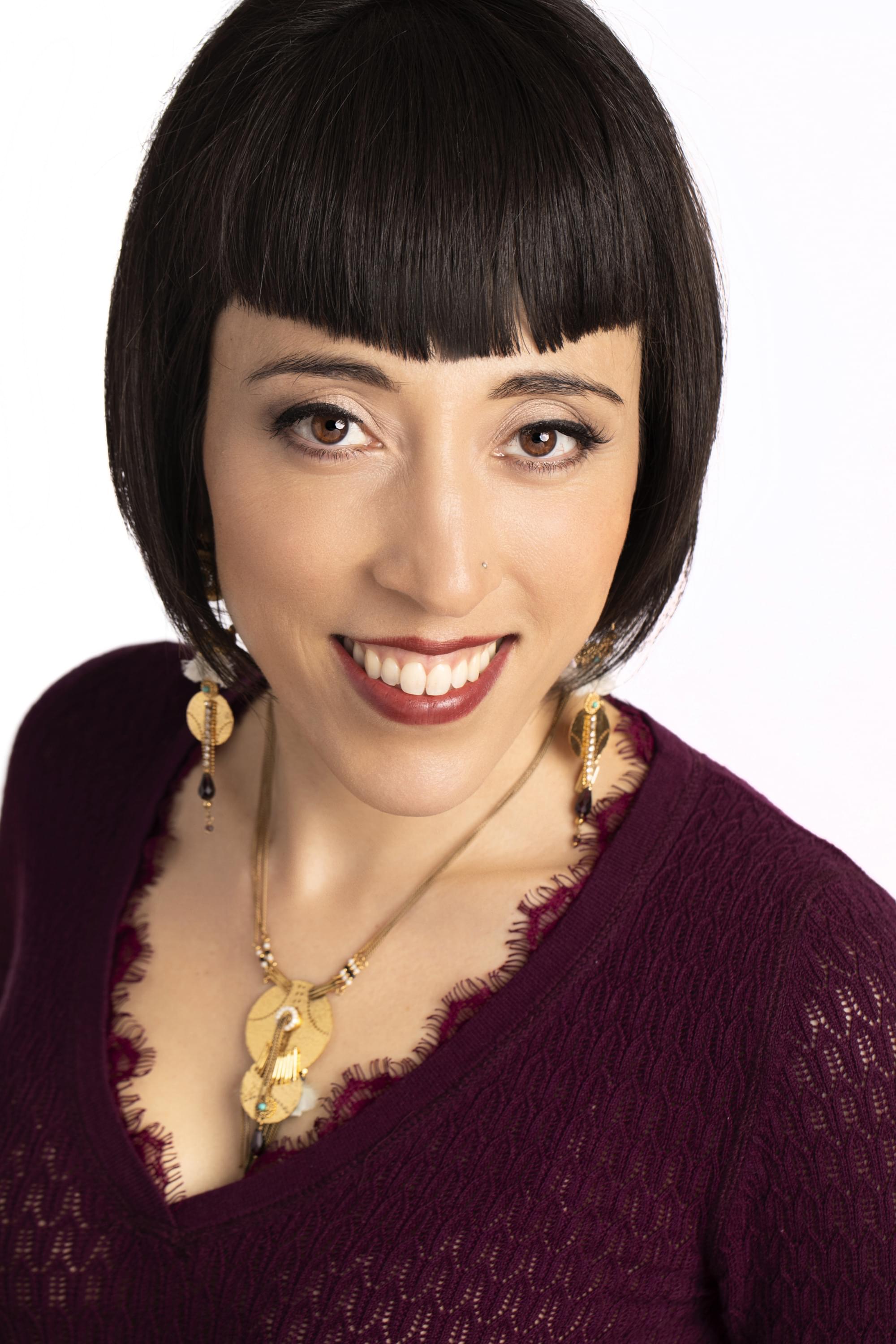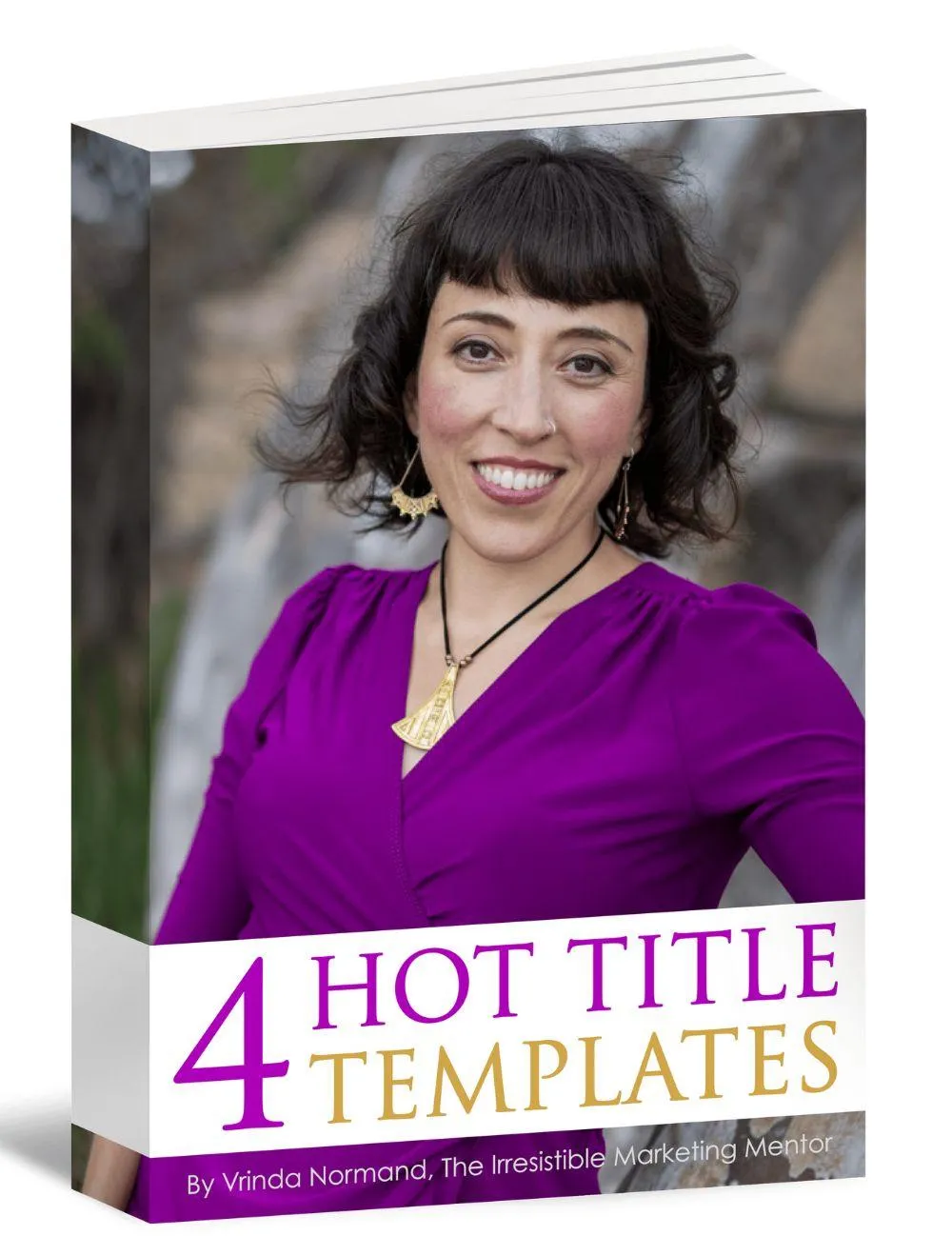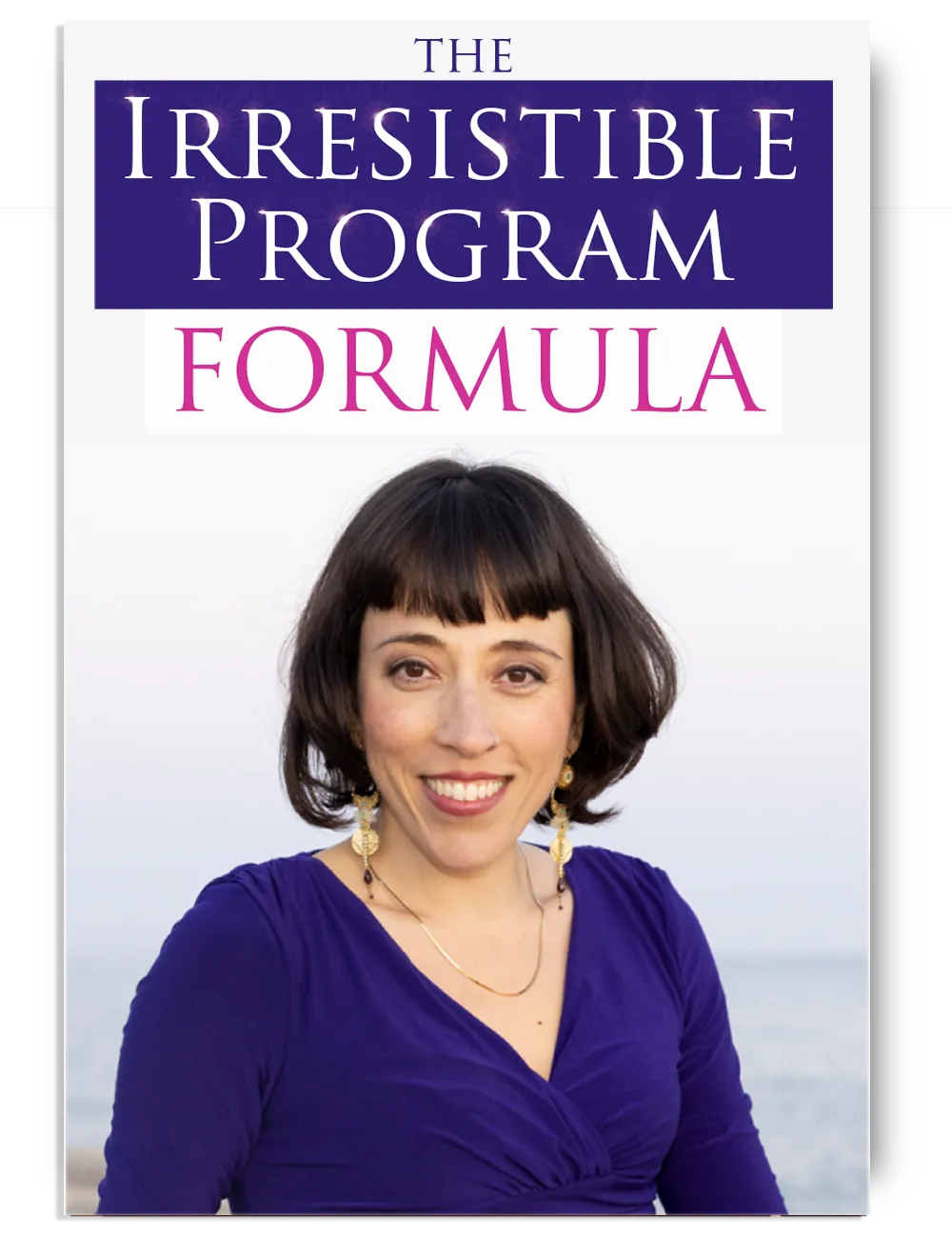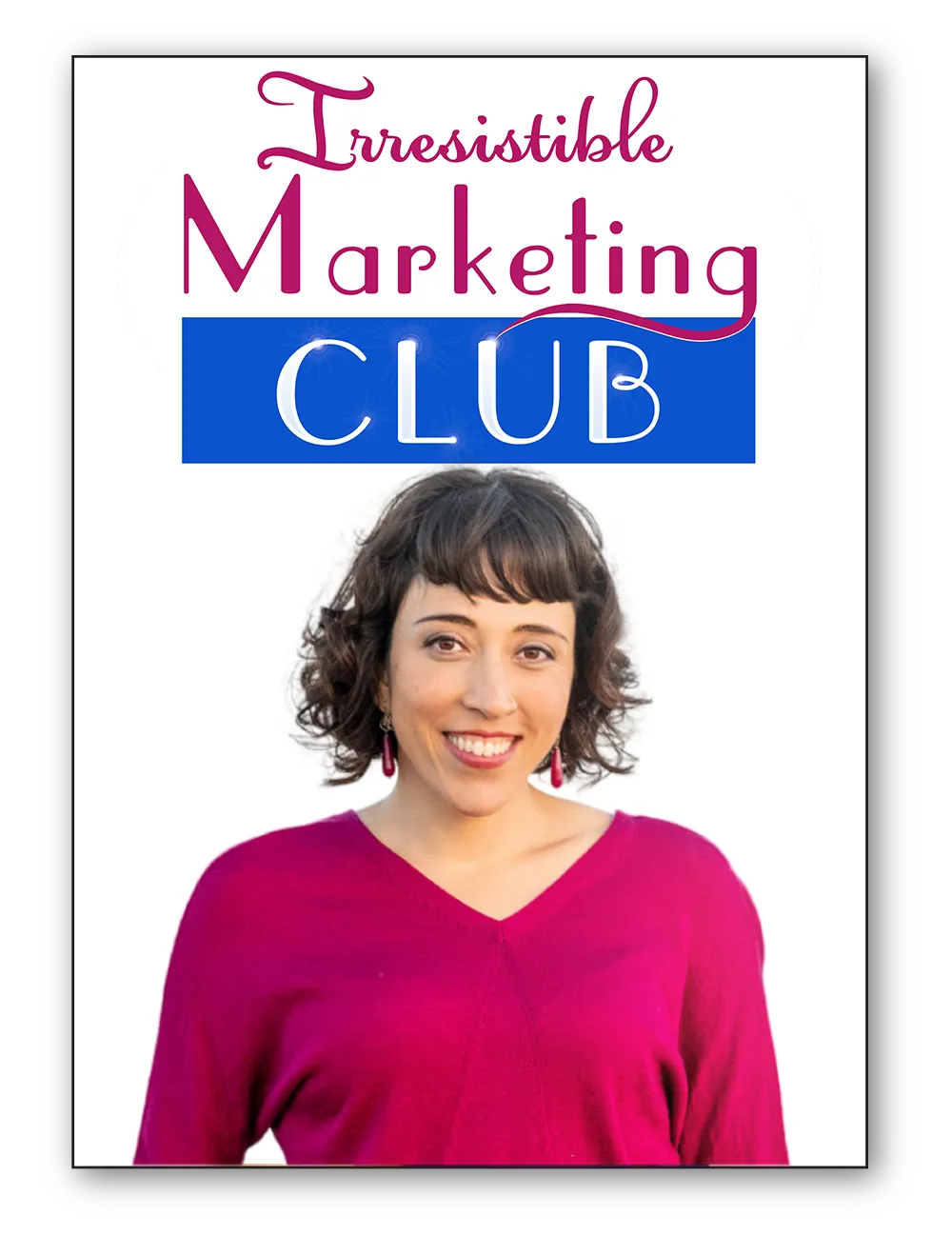The Mixed Race Perspective on Color

“We make this shit up.” This is the most memorable thing I learned from my university professor when getting my sociology degree 20 years ago.
She was talking about social norms, divisions, rules, labels - the ways we define ourselves and others in society.
These ideas can vary wildly from person to person because we give them meaning. And that meaning can be changed at any time.
So I want to shed some light on the ambiguous social category that’s suddenly become widely used: “People of Color.”
A deeper understanding of this will help non-white people feel more appreciated.
First I’ll share about where I’m coming from because perspective is a huge part of how we make up meanings.
I used to call myself an “ethnic burrito” when I was a teenager. I’m a diverse mix. My mom is Mexican American. She was raised in a mostly white part of Orange County in Southern California and faced racist bullying.
In the early 1970s she converted to Hinduism. That led her to meet my father, a Louisiana-born Caucasian man, who had also converted. They had three daughters and raised us with strong Hindu influences.
My father’s family is French and for decades I thought I was half French. But then a genetics test revealed I am quite the global mutt: 20% Native American (indigenous Mexican from my mom’s side), 40% Spanish, a mix of Western and Eastern European and a tiny percentage of African.
Ever since I was a little girl, people of all colors would ask me, “What are you?” You see, I have a racially ambiguous look. People have guessed that I’m from pretty much everywhere.
This question often confused me as a kid. I never felt like answering to complete strangers. “I’m human.” I thought, I don’t need to explain anymore than that.
Being asked this for my entire life has deeply undermined my sense of belonging. I tend to identify as Latina but I have olive skin and don’t speak Spanish fluently. I don’t always feel like I blend in with a Latina crowd.
When I’m in an all white crowd, I definitely don’t feel like one of them. I had a daughter with a Caucasian man and she looks white. I’m a lot darker than her and don’t resemble her much (in some places people might assume I was her nanny).
After the terrorist attacks of 2001, many people assumed I was Arab. Professors made a point to ask me how I was doing.
In almost every airport I got delayed for searching. Once a customs officer held me back, staring at my US passport, and grilled me, “What’s your nationality?”
Well duh, I’m American. You’re looking at my passport, dude. He acted like he was entitled to more information, so I told him my racial mix. But it felt violating.
Like many mixed race people, I have felt uncomfortable with racial divisions. I make other people uncomfortable about racial divisions because I don’t fit into their categories.
Mixed race people challenge the prejudices we make up. Social divisions break down when you can’t label people.
But most of us like labels. We like them so much we’ve created a hugely diverse category called “People of Color.”
First I want to honor the intention behind this term. There’s a national uprising against overt and covert racism. Many are showing their public support for people of color.
With the atrocious murder of George Floyd revealed on video, we are now seeing the depths of racial discrimination that has been infecting our world for far too long.
Finally many are standing up for widespread change. It’s about time.
I support this movement, and I support the collective effort to raise the standard of living and opportunity for all people of color.
And yet, as a person of color, I need to challenge this made-up label that includes an extremely diverse group of people. People who have VERY different experiences of discrimination in this country.
How you experience the world in the US as a Black African American is going to be different than a Chinese American. It’s going to be different if you’re Mexican American or Indian American.
I believe this category is too big and oversimplified.
It doesn’t honor the uniqueness of our diverse racial and ethnic backgrounds.
Even subcategories like “Asian American” are too broad - Korean Americans, Indian Americans, Japanese Americans have very different cultural backgrounds. They don’t like being lumped into the same big group.
And what does People of Color even mean? Does it mean anyone who is not white of European descent? Remember, we make this shit up.
There’s no denying that darker skinned people usually experience the harshest discrimination. This may include African Americans, Indians, Native Americans and some Latin Americans. I know some Indian people who are darker than any Black person I’ve ever met. And there are many Latin Americans of African descent.
There are olive-to-brown skinned people from Latin America, Asia, Native Americans...and some brown skinned folk are from Italy, Greece, Spain, and Middle Eastern countries.
Guess what, we don’t have a separate race category for Arabs. We don’t have one for the darker skinned people from Mediterranean countries.
Why? I have caucasian European friends with brown skin who don’t even like calling themselves white!
The one common thread is the myth of white superiority.
The whiter your skin, the more caucasian your appearance, the more valued you will be. The more easily you will be accepted into the higher levels of society. The more advantages you will have in life.
We need to change this meaning together because it’s untrue, and it’s hurting ALL of us.
It’s hindering the incredible power, creativity, inspiration and beauty that should be more widely recognized from people of color.
This meaning keeps white people in positions of power so their limited perspectives are what influence public policy and social development.
Remember, perspective MATTERS. When you have more people of color in positions of power and influence, they will have the chance to create more widespread equality. They will see underlying problems that white people have overlooked.
It’s easy to forget that racism still exists when you’re living comfortably in your bubble of white privilege.
But when you experience racism personally, you know it’s there. I’ve been strongly aware of this my entire life. I wish I had spoken out more often, but hey, better late than never.
I’m sure my experience of racism has been softened by the lightness of my skin. I’m also sure that I’ve experienced more racism because of my mixed appearance, and it’s been a very different kind of racism than other people of color.
Being mixed gives me a unique perspective to see race from outside of socially constructed meanings. I shed light on areas most people aren’t aware of so we can make new, healthier meanings.
For us lighter skinned folks, whether we’re white or of color, we need to start sharing our advantages. Provide opportunities and support for those who’ve had to deal with extra challenges because of their darker skin color.
We need to check our assumptions about people based on race and ethnicity. Understand that every person is unique. There is no “they are all like this” because “they” is a completely made up social construct.
I’m not saying race doesn’t exist. Yes it does.
I’m also not saying we should all be the same and treat each other like we don’t “see color.” That would dishonor the rich cultural diversity that we all bring.
Yeah let’s have lots of color in our world. I’m a big fan of mixing races because it brings us closer. We open our minds and hearts more when we join in the same families.
Instead of relating to someone as a “person of color,” get curious with them. Ask them about their heritage, where their ancestors came from.
Think about it...would you like to just be seen as white, with your unique ethnic background disregarded? Probably not because “white” is an oversimplified ambiguous category too.
Let’s honor each other for our specific unique backgrounds. Let’s celebrate our differences. And let’s lift each other up with generosity.




